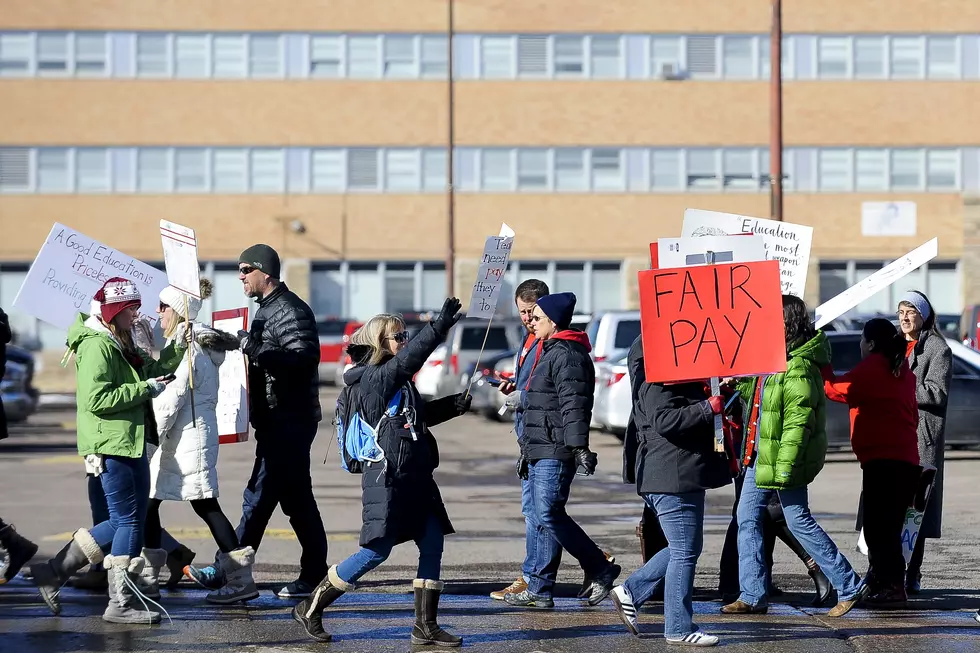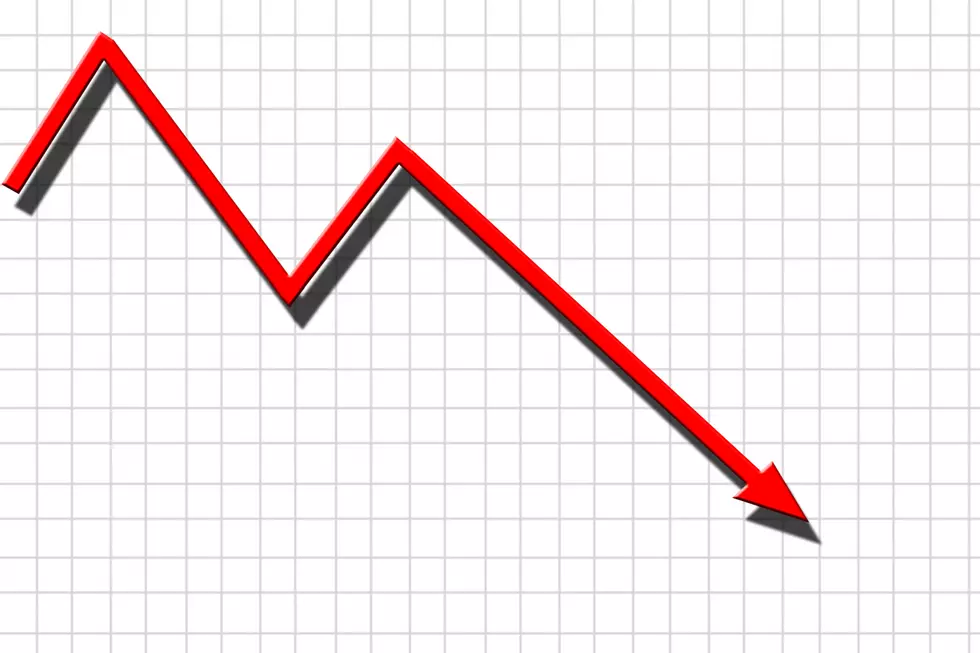
Restaurants Boost Pay to Get Workers
The pay gains are, of course, a boon to these employees. Restaurants, bars, hotels and stores remain the lowest-paying industries, and many of their workers ran the risk of contracting COVID-19 on the job over the past year while white-collar employees were able to work from home.
Still, the pay increases could contribute to higher inflation if companies raise prices to cover the additional labor costs. Some businesses, however, could absorb the costs or invest over time in automation to offset higher wages.
Many companies say they are struggling to find workers.
“Customers are coming back faster than restaurants can staff up,” said Josh Bivens, research director at the left-leaning Economic Policy Institute. “By raising pay, they are able to get more workers in the door.”
Also on Thursday, Amazon said it will pay new hires $17 an hour, as it seeks to add 75,000 new workers. The online giant said it is offering a $100 bonus for new hires who have been vaccinated.
And Sheetz, a mid-Atlantic convenience store chain, said Monday it is giving its 18,000 employees a $2-an-hour raise and an additional $1 an hour for the summer.
Across the restaurant industry, the pay gains have largely returned overall wages to the same growth trend they were on before the pandemic, Bivens said. He expects the increases to climb above that trend in the coming months.
Worries about higher inflation have dominated financial markets after consumer prices jumped 4.2% in April compared with a year earlier, the biggest gain in 13 years. But the rise was driven largely by soaring used car prices and more expensive airline tickets, not higher labor costs.
Some of the unemployed are reluctant to return to work for fear of contracting COVID-19, while many women have left the workforce to take care of children who are still in online school. Because of an extra $300 in unemployment aid, some of the jobless are receiving more in benefits than they earned at their old jobs.
“The fear of COVID is probably going to decline, schools are probably going to open in September, the extra unemployment benefits will end in September,” he said. “So we will see some easing in labor shortages.”
Even with the recent wage gains, weekly pay averaged just $477.40 in April in a category that includes restaurants, bars, hotels, amusement parks and other entertainment venues.
That partly reflects the many part-time workers in the industry, some of whom prefer shorter schedules. But others would probably work more if they could.
Fight for $15 is planning strikes in 15 cities next Wednesday ahead of the fast-food giant’s annual shareholder meeting.
AP Business Writer Dee-Ann Durbin contributed to this story from Detroit.
LOOK: 15 Discontinued McDonald's Menu Items
Top 10 Beaches for Shreveport Bossier Residents
More From News Radio 710 KEEL









